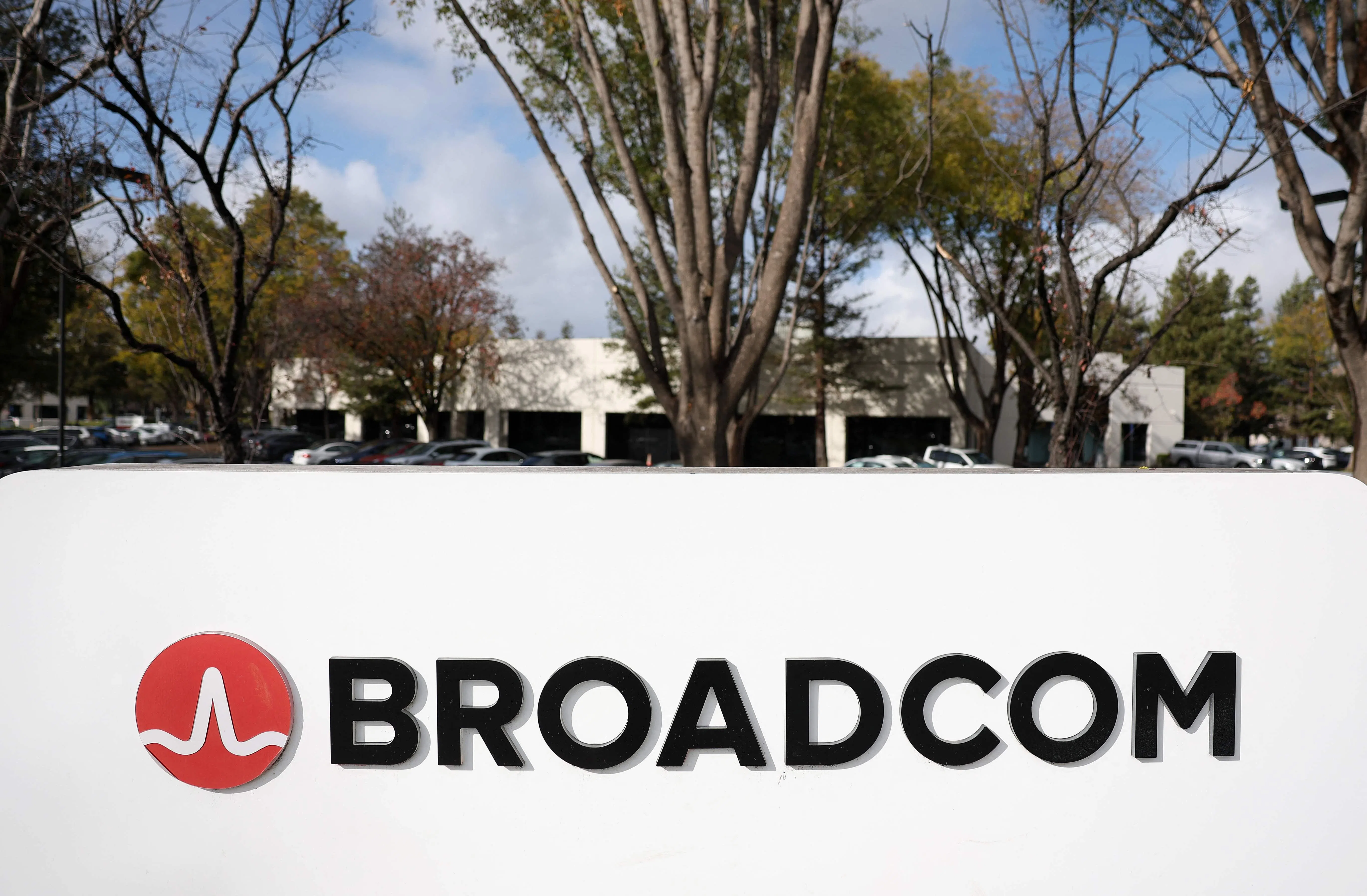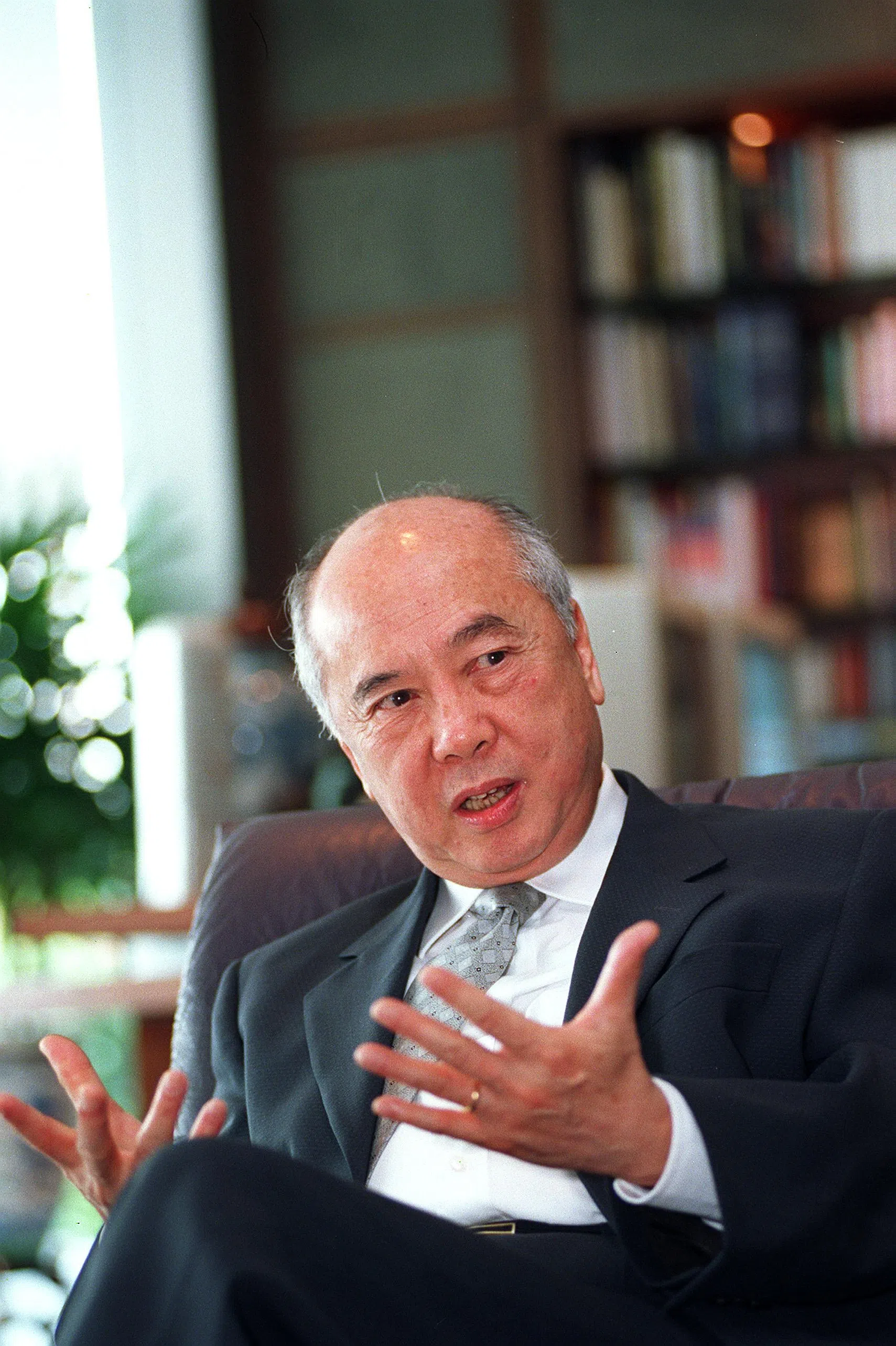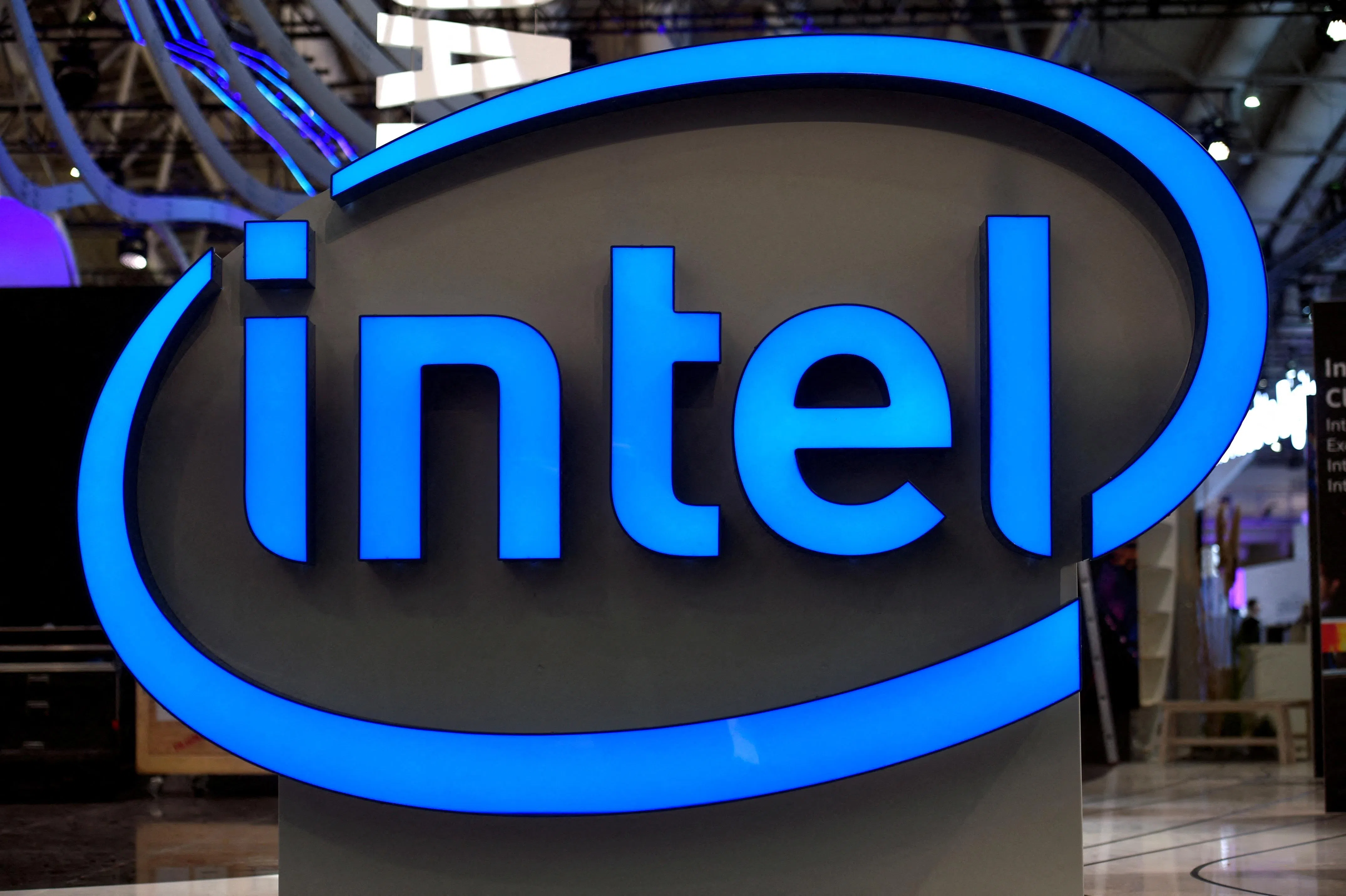BROADCOM, a chip supplier for Apple and other big tech companies, posted better-than-expected profit in the fourth quarter after artificial intelligence demand helped bolster growth.
Profit was US$1.42 a share in the period, excluding some items, the company said in a statement on Thursday. Revenue rose to nearly US$14.1 billion. Analysts had estimated US$1.39 a share in earnings and revenue of US$14.1 billion on average, according to data compiled by Bloomberg.
Sales will be US$14.6 billion in the fiscal first quarter, which runs through January, in line with estimates.
The results suggest that demand for AI computing is offsetting a slowdown in other areas. Like Nvidia, Broadcom is positioning itself to be a major beneficiary of AI spending.
The stock rose about 4 per cent in extended trading following the announcement. It had been up 62 per cent in 2024 through the close.
Investors have piled into Broadcom’s stock this year, betting that the AI frenzy will fuel a sales surge.
BT in your inbox
Start and end each day with the latest news stories and analyses delivered straight to your inbox.
The Palo Alto, California-based company had predicted that it would get more than US$10 billion in annual revenue from that market, outpacing other parts of its business. Ultimately, the number reached US$12.2 billion in the last fiscal year.
AI revenue grew grew 220 per cent during the year, fueled by demand for AI processors and networking components, chief executive officer Hock Tan said in the statement.
Tan has assembled one of the most valuable companies in the chip industry through a string of acquisitions. He also has built a software unit that’s approaching the scale of its semiconductor operations. That reach makes the company’s forecasts a bellwether for demand over a broad swath of the technology industry.
Data centre providers rely on Broadcom’s custom-chip design and networking semiconductors to build their AI systems. The company also sells components for cars, smartphones and internet access gear. Its push into software, meanwhile, includes products for mainframe computers, cybersecurity and data center optimisation.
Apple is a top customer of Broadcom and provides key components for the iPhone. During earnings calls, Tan typically gives updates on Broadcom’s often-contentious relationship with that company, which he refers as his “large North American customer” or another vague term.
Bloomberg News reported earlier that Apple would start switching away from a key Broadcom wireless chip starting next year. The iPhone maker has been replacing suppliers’ components with in-house versions, a trend that’s also set to hit chipmaker Qualcomm.
Broadcom’s semiconductor division had revenue of US$8.23 billion billion in the three months ended Nov 3, up 12 per cent. Software sales grew nearly 200 per cent to US$5.82 billion. The company is much larger than it was a year ago, partly because of its acquisition of VMware Inc, which it bought for roughly US$69 billion.
Prior to the report, analysts raised concerns that Broadcom’s chip design business was suffering from weaker demand. They cited the slower introduction of a new version of a Broadcom processor for Alphabet. BLOOMBERG







